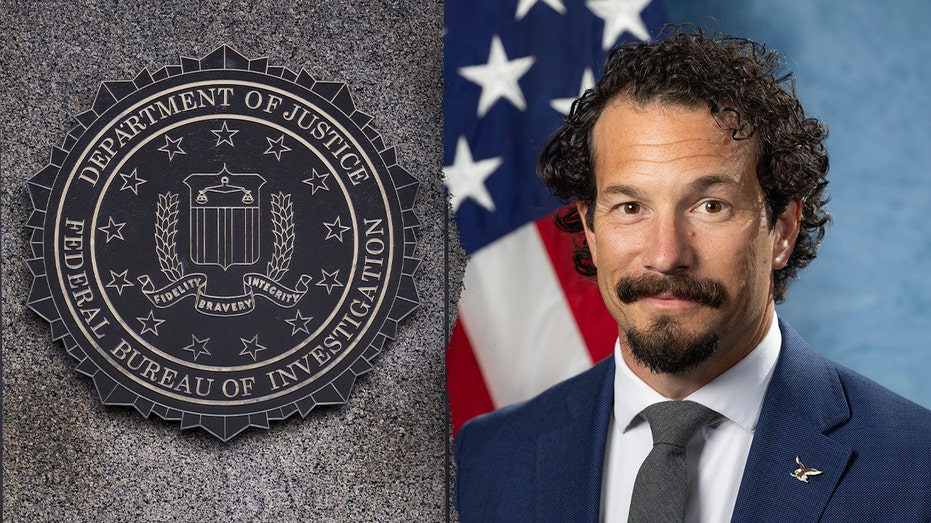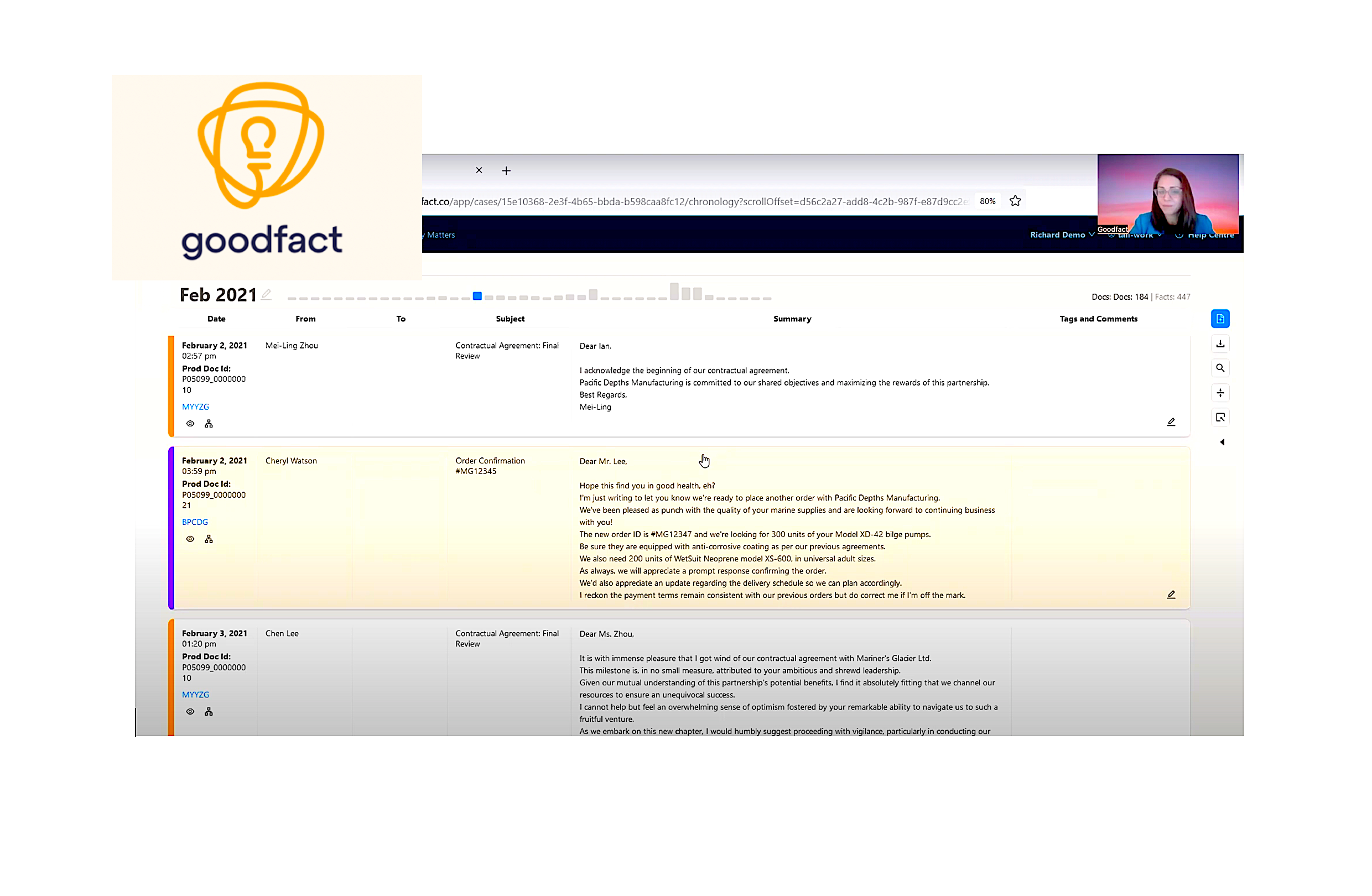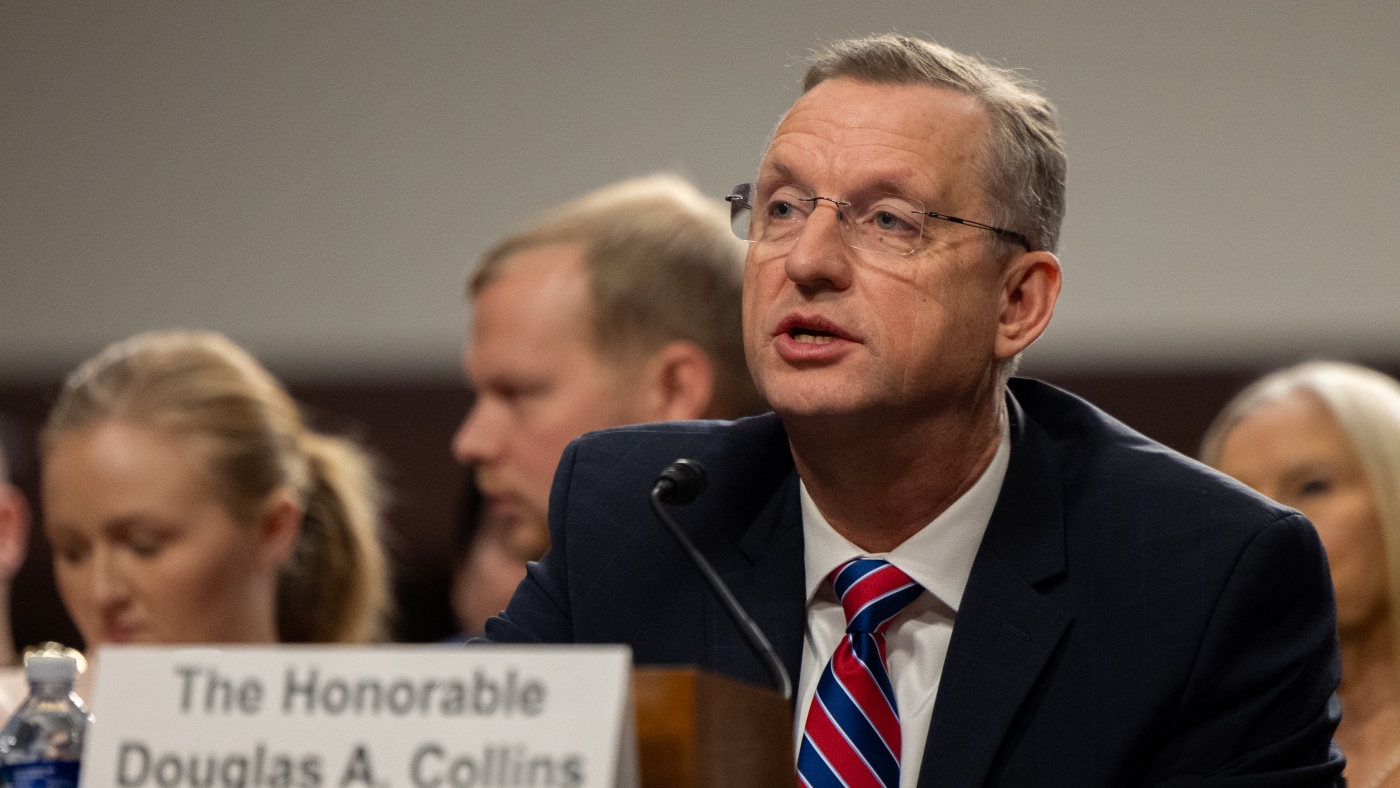How the Trump Administration Is Taking Its First Steps Toward Dismantling DEI
Trump’s administration moved to end affirmative action in federal contracting and directed that all federal DEI staff be put on paid leave and eventually be laid off—the first salvo in an aggressive campaign to upend DEI efforts nationwide.


WASHINGTON — President Donald Trump’s administration moved Tuesday to end affirmative action in federal contracting and directed that all federal diversity, equity and inclusion staff be put on paid leave and eventually be laid off. [time-brightcove not-tgx=”true”]
The moves follow an executive order Trump signed on his first day ordering a sweeping dismantling of the federal government’s diversity and inclusion programs that could touch on everything from anti-bias training to funding for minority farmers and homeowners. Trump has called the programs “discrimination” and insisted on restoring strictly “merit-based” hiring.
Read More: Breaking Down All of Trump’s Day 1 Presidential Actions
The executive order on affirmative action revokes an order issued by President Lyndon Johnson, and curtails DEI programs by federal contractors and grant recipients. It’s using one of the key tools utilized by the Biden administration to promote DEI programs across the private sector—pushing their use by federal contractors—to now eradicate them.
The Office of Personnel Management in a Tuesday memo directed agencies to place DEI office staffers on paid leave by 5 p.m. Wednesday and take down all public DEI-focused webpages by the same deadline. Several federal departments had removed the webpages even before the memorandum. Agencies must also cancel any DEI-related training and end any related contracts, and federal workers are being asked to report to Trump’s Office of Personnel Management if they suspect any DEI-related program has been renamed to obfuscate its purpose within 10 days or face “adverse consequences.”
By Thursday, federal agencies are directed to compile a list of federal DEI offices and workers as of Election Day. By next Friday, they are expected to develop a plan to execute a “reduction-in-force action” against those federal workers.
The memo was first reported by CBS News.
The move comes after Monday’s executive order accused former President Joe Biden of forcing “discrimination” programs into “virtually all aspects of the federal government” through “diversity, equity and inclusion” programs, known as DEI.
That step is the first salvo in an aggressive campaign to upend DEI efforts nationwide, including leveraging the Justice Department and other agencies to investigate private companies pursuing training and hiring practices that conservative critics consider discriminatory against non-minority groups such as white men.
The executive order picks up where Trump’s first administration left off: One of Trump’s final acts during his first term was an executive order banning federal agency contractors and recipients of federal funding from conducting anti-bias training that addressed concepts like systemic racism. Biden promptly rescinded that order on his first day in office and issued a pair of executive orders—now rescinded—outlining a plan to promote DEI throughout the federal government.
While many changes may take months or even years to implement, Trump’s new anti-DEI agenda is more aggressive than his first and comes amid far more amenable terrain in the corporate world. Prominent companies from Walmart to Facebook have already scaled back or ended some of their diversity practices in response to Trump’s election and conservative-backed lawsuits against them.
Read More: Retreating From DEI Initiatives Could Cost Businesses Billions
Here’s a look at some of the policies and programs that Trump will aim to dismantle:
Diversity offices, training and accountability
Trump’s order will immediately gut Biden’s wide-ranging effort to embed diversity and inclusion practices in the federal workforce, the nation’s largest at about 2.4 million people.
Biden had mandated all agencies to develop a diversity plan, issue yearly progress reports, and contribute data for a government-wide dashboard to track demographic trends in hiring and promotions. The administration also set up a Chief Diversity Officers Council to oversee the implementation of the DEI plan. The government released its first DEI progress report in 2022 that included demographic data for the federal workforce, which is about 60% white and 55% male overall, and more than 75% white and more than 60% male at the senior executive level.
Trump’s executive order will toss out equity plans developed by federal agencies and terminate any roles or offices dedicated to promoting diversity. It will include eliminating initiatives such as DEI-related training or diversity goals in performance reviews.
Federal grant and benefits programs
Trump’s order paves the way for an aggressive but bureaucratically complicated overhaul of billions of dollars in federal spending that conservative activists claim unfairly carve out preference for racial minorities and women.
The order does not specify which programs it will target but mandates a government-wide review to ensure that contracts and grants are compliant with the Trump administration’s anti-DEI stance. It also proposes that the federal government settle ongoing lawsuits against federal programs that benefit historically underserved communities, including some that date back decades.
Trump’s executive order is a “seismic shift and a complete change in the focus and direction of the federal government,” said Dan Lennington, deputy council for the conservative Wisconsin Institute for Law & Liberty, which has pursued several lawsuits against federal programs. The institute recently released an influential report listing dozens of programs the Trump administration should consider dismantling, such as credits for minority farmers or emergency relief assistance for majority-Black neighborhoods.
He acknowledged that unwinding some entrenched programs may be difficult. For example, the Treasury Department implements housing and other assistance programs through block grants to states that have their own methods for implementing diversity criteria.
Pay equity and hiring practices
It’s not clear whether the Trump administration will target every initiative that stemmed from Biden’s DEI executive order.
For example, the Biden administration banned federal agencies from asking about an applicant’s salary history when setting compensation, a practice many civil rights activists say perpetuates pay disparities for women and people of color.
It took three years for the Biden administration to issue the final regulations, and Trump would have to embark on a similar rule-making process, including a notice and comment period, to rescind it, said Chiraag Bains, former deputy director of the White House Domestic Policy Council under Biden and now a nonresident senior fellow with Brookings Metro.
Noreen Farrell, executive director of gender rights group Equal Rights Advocates, said that she was hopeful that the Trump administration “will not go out of its way to undo the rule,” which she said has proved popular in some state and cities that have enacted similar policies.
And Biden’s DEI plan encompassed some initiatives with bipartisan support, said Bains. For example, he tasked the Chief Diversity Officers Executive Council with expanding federal employment opportunities for those with criminal records. That initiative stems from the Fair Chance Act, which Trump signed into law in 2019 and bans federal agencies and contractors from asking about an applicant’s criminal history before a conditional job offer is made.
Bains said that’s what Biden’s DEI policies were about: ensuring that the federal government was structured to include historically marginalized communities, not institute “reverse discrimination against white men.”
Despite the sweeping language of Trump’s order, Farrell said, “the reality of implementing such massive structural changes is far more complex.”
“Federal agencies have deeply embedded policies and procedures that can’t simply be switched off overnight,” she added.
What's Your Reaction?





















































































